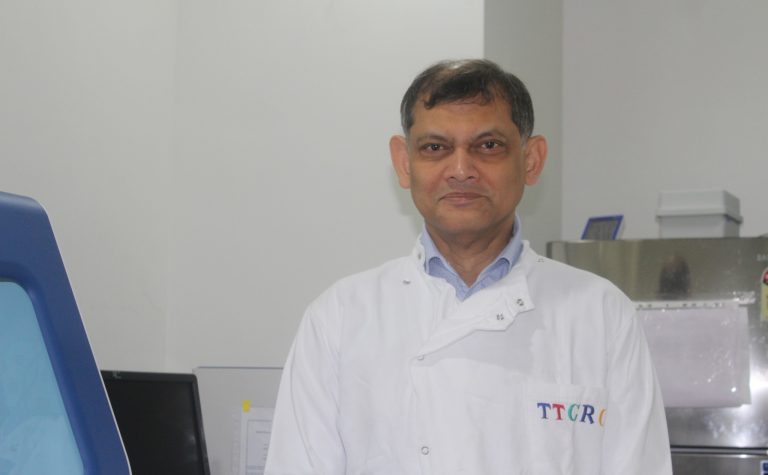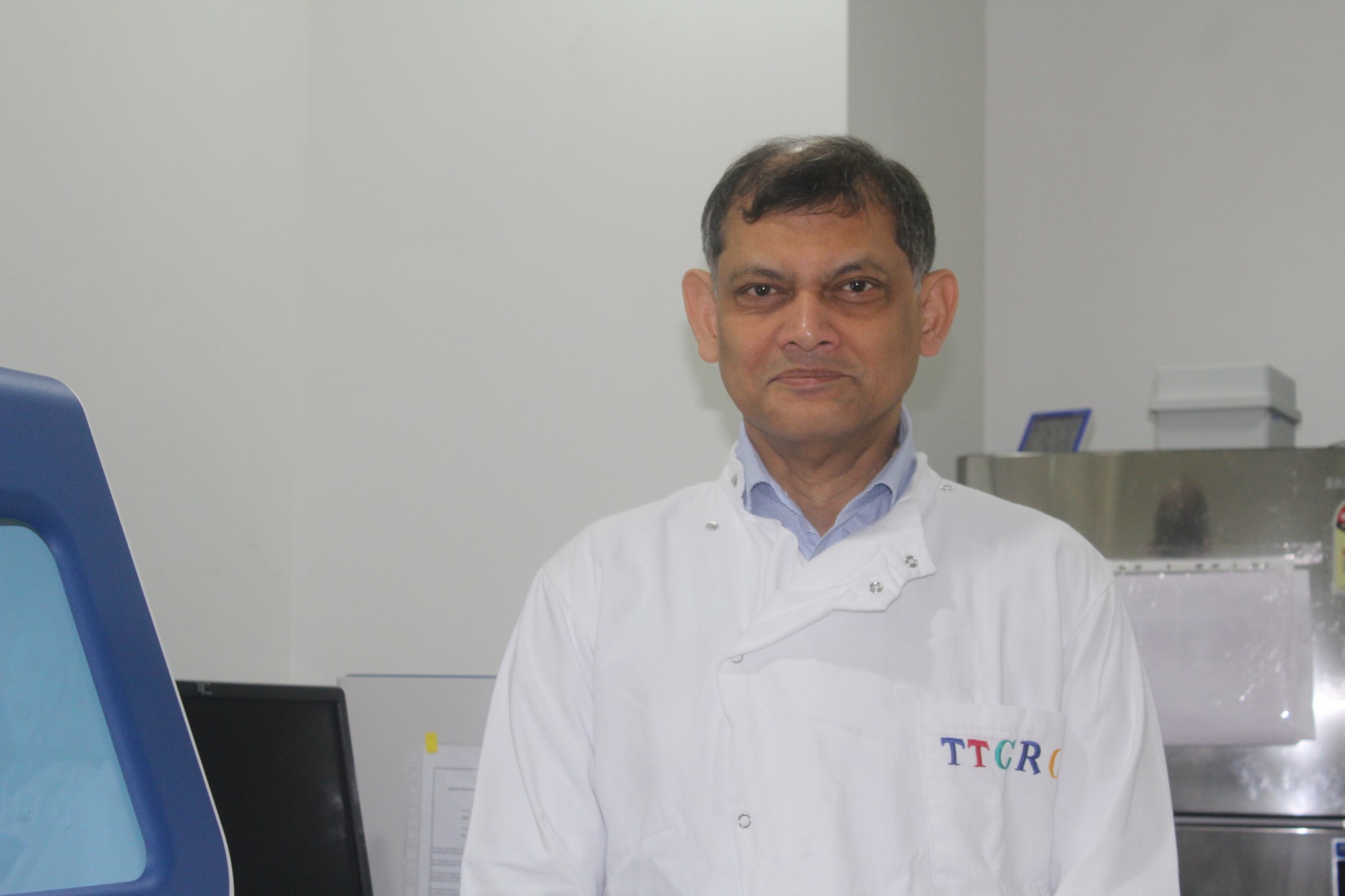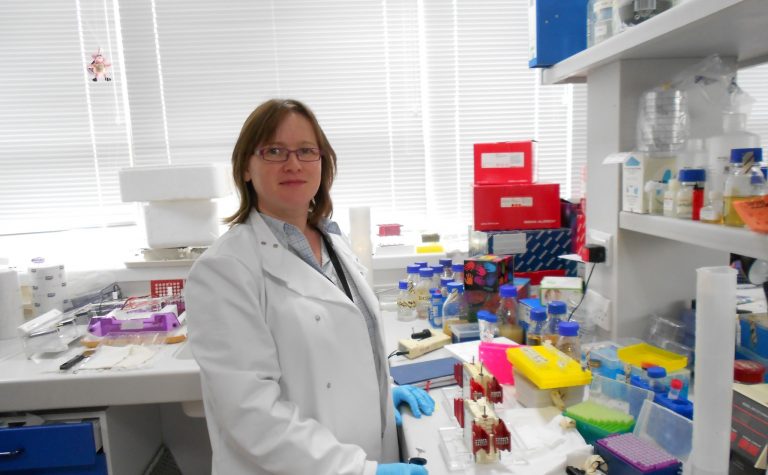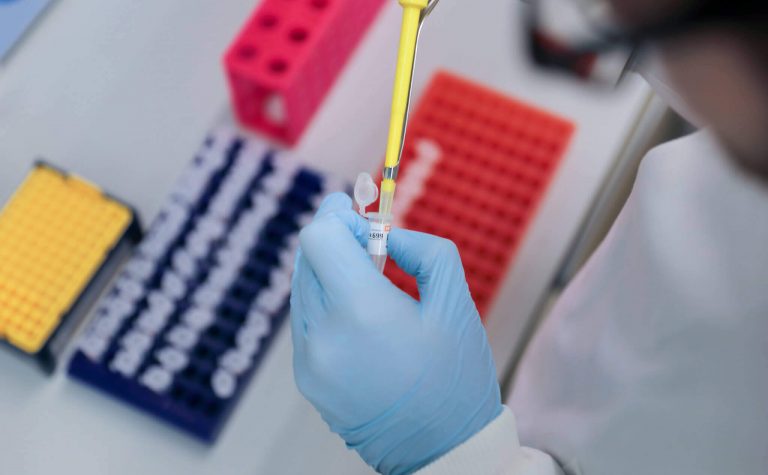There is wide variability in the way that individual children metabolise different drugs. In this project, Professor Saha is setting out to tailor therapy to individual children based on their drug metabolism, adjusting both the dose and scheduling accordingly. We hope that this will help decrease the rates of both toxicity and disease recurrence.
Thank you
This ALL cancer research project has been successfully completed. Your donations allow us to fund ground-breaking research that can improve treatments given to children with cancer. Thank you. Your help allows us to continue to find ways to drive up the chances of survival for children with cancer and reduce the toxic side effects that can affect the rest of their lives.




